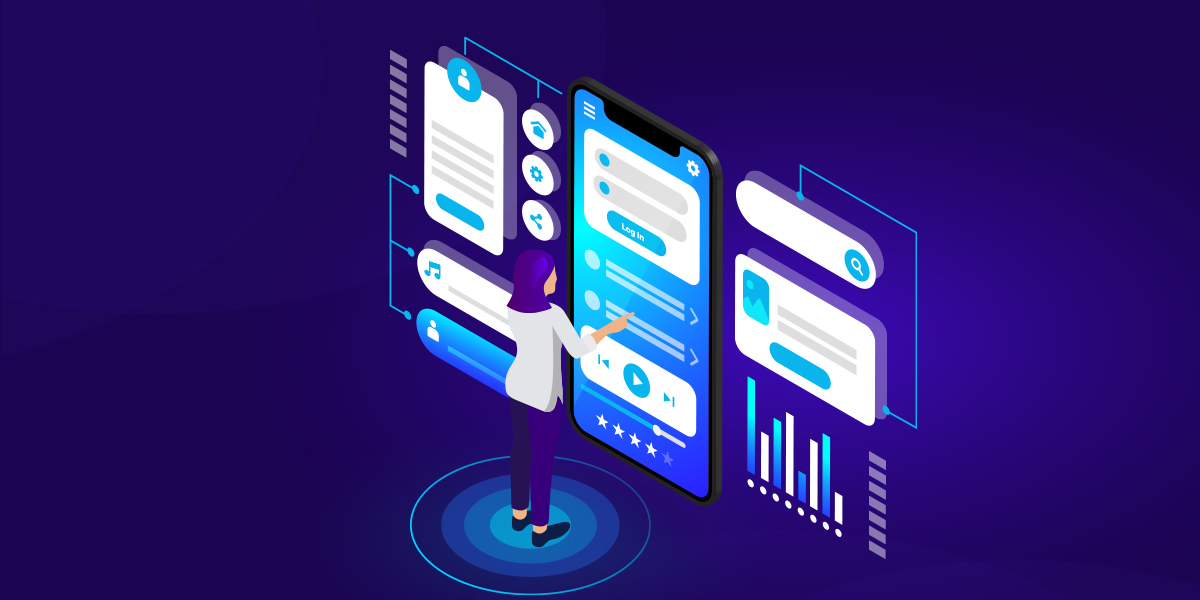A web app can support artificial intelligence (AI) to improve user experiences in different ways, including providing customized recommendations and customized menus. Here’s a breakdown of how this can be achieved:
Data Collection
The web app starts by collecting data from users. This data may include user preferences, past interactions, behavior patterns, and demographic information. AI algorithms can analyze this data to create user profiles. These profiles help in understanding individual preferences and habits.
Machine Learning Algorithms
AI and machine learning algorithms play a vital role in making customized recommendations. Recommendation algorithms, such as collaborative filtering or content-based filtering, can be applied to suggest products, services, or content based on a user’s profile and historical data. These algorithms continuously learn and adapt as users interact with the app, improving the accuracy of recommendations over time.
customized Recommendations
Users are presented with customized recommendations based on their profiles. For example, in an e-commerce app, AI can suggest products based on previous purchases, browsing history, and similar users’ preferences. In a food delivery app, AI can recommend restaurants and dishes based on past orders, dietary restrictions, and user ratings.
Natural Language Processing (NLP)
To improve the user experience further, web apps can incorporate NLP capabilities. Chatbots or virtual assistants powered by NLP can assist users in finding information, making recommendations, and placing orders through natural language interactions.
User Feedback
The web app should actively seek user feedback and use it to refine its AI algorithms. Feedback, ratings, and reviews can help improve the accuracy of recommendations and the quality of the user experience.
A/B Testing
Web apps can use A/B testing to compare different AI-driven features or algorithms to determine which ones resonate best with users. This iterative approach ensures continuous improvement in providing customized recommendations.
Seamless User Experience
AI can optimize the user experience by predicting user needs and streamlining processes. For example, in an e-commerce app, it can simplify the checkout process by pre-filling shipping information or suggesting related products.
Conclusion
AI empowers web apps to create highly customized user experiences for users by analyzing data, making intelligent recommendations, and adapting to user preferences over time. This not only boost user satisfaction but can also drive engagement and increase conversion rates, making it a valuable asset for any web-based service.
